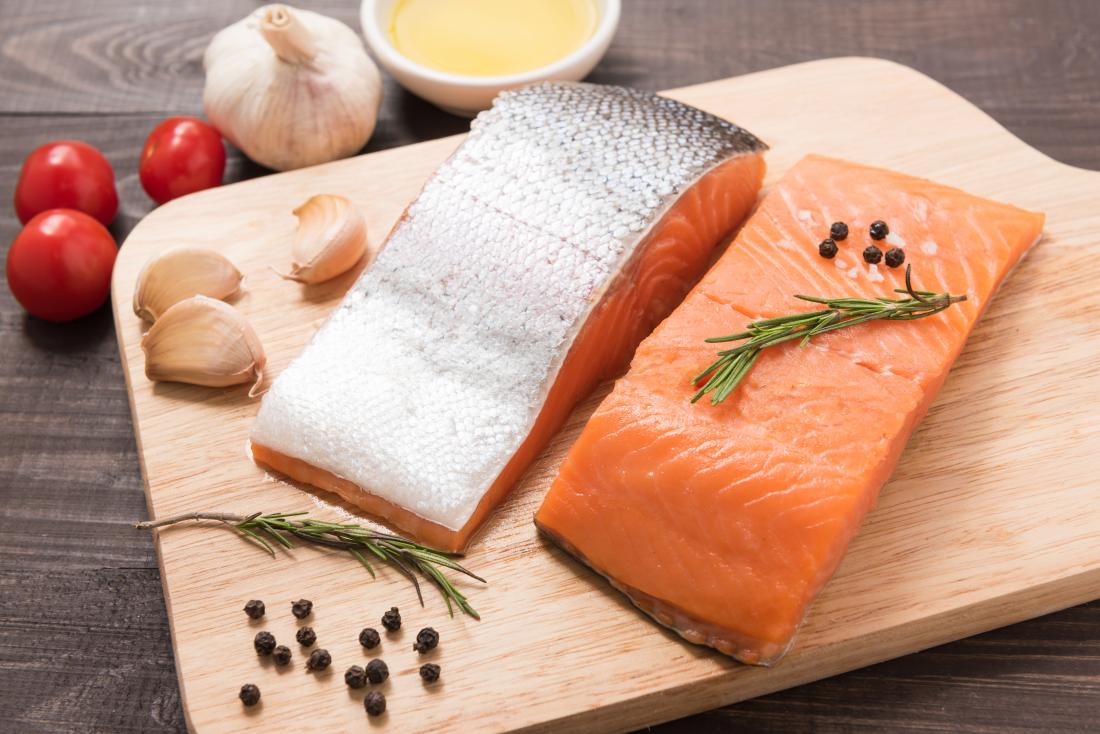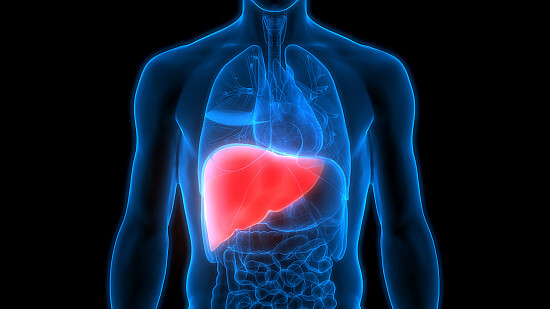Eating fish may help prevent asthma: Research
Fri 22 Mar 2019, 12:31:56

Eating fish can help prevent asthma, say scientists after testing over 600 people working in a fish processing factory in a small village in South Africa. The current theory is that the dramatic change in diet worldwide is behind the rise of the disease, researchers said.
“Around 334 million people worldwide have asthma, and about a quarter of a million people die from it every year,” said Andreas Lopata, a scientist from James Cook University in Australia.
“Asthma incidence has nearly doubled in the past 30 years and about half of asthma patients do not get any benefit from the drugs available to treat it. So, there’s a growing interest in non-drug treatment options.
There is an increasing consumption of what is known as the n-6 Polyunsaturated Fatty Acid (PUFA) found in vegetable oils and a decline in consumption of n-3 PUFA, which is mainly found in marine oils,” he said. Adding that, “There has been a global move from fresh fish to fast food.”
He said the fishing village was chosen for the testing because
it had a population with high fish consumption and low socio-economic status, so it would be likely that marine oils from fish and other seafood would be the main source of n-3, rather than supplements.
it had a population with high fish consumption and low socio-economic status, so it would be likely that marine oils from fish and other seafood would be the main source of n-3, rather than supplements.
“We found that certain types of n-3 (from marine oils) were significantly associated with a decreased risk of having asthma or asthma-like symptoms by up to 62 per cent, while high n-6 consumption (from vegetable oils) was associated with an increased risk by up to 67 per cent,” he said.
It was more evidence of the suspected inflammatory role of n-6 in the development of asthma, and more evidence that n-3 gave significant protection.
“Even if you factor in contaminants such as mercury found in some fish populations, the benefits of fish and seafood intake far more outweighs the potential risks,” said Andreas. Further work needed to be done on what effect specific types of n-3 have and how their beneficial role could be optimised, and on minimising the negative effects of n-6.
No Comments For This Post, Be first to write a Comment.
Most viewed from Health
AIMIM News
Latest Urdu News
Most Viewed
May 26, 2020
Do you think Canada-India relations will improve under New PM Mark Carney?
Latest Videos View All
Like Us
Home
About Us
Advertise With Us
All Polls
Epaper Archives
Privacy Policy
Contact Us
Download Etemaad App
© 2025 Etemaad Daily News, All Rights Reserved.






























